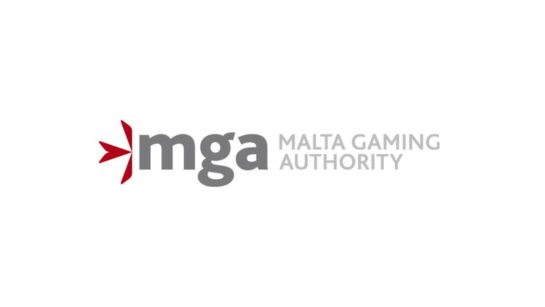Ohio lawmakers approved significant tax hike for sports betting operators

Ohio lawmakers have reached an agreement on the state’s budget, and one of the key provisions includes a substantial increase in the tax rate that sports betting operators will pay on their revenue. According to a comparison document released by the Ohio Legislative Service Commission, the Budget Conference Committee has agreed to raise the tax rate from 10% to 20%.
Ohio increasing tax rate
As of the time of writing, lawmakers in both chambers had not yet voted on the bill, but it was expected to be approved on the final day of the 2022-23 fiscal year. If everything goes as planned, the new tax rate will take effect at the start of the 2024 fiscal year.
In December 2021, the first sports betting bill was passed with a 10% tax rate. However, Governor Mike DeWine proposed to increase the tax rate after the sportsbooks started operating on January 1. The House didn’t accept the proposal in their version of the bill, which they passed in April. Still, the Senate included it as one of over 880 changes made to the spending plan, and their amended bill was approved earlier this month. As a result, the House declined the Senate’s changes, and a conference committee is required to reach an agreement.
As per the Ohio Legislative Service Commission, the increased tax rate is predicted to produce yearly revenue ranging from $100 million to $135 million. The entirety of the revenue generated from sports betting taxes will be dedicated to education, except for 2% which will be designated for the state’s sports gaming fund to address any problem areas.
Based on the handle and revenue totals reported by the Ohio Casino Control Commission, Ohio operators would have paid almost $11.6 million in May if the higher tax rate had been implemented.
Unintended consequences
Some people are worried about the potential unintended effects of the tax increase. For instance, Dan Dodd, a former Ohio legislator, thinks that some businesses might decide to leave the state due to this change.
Dodd pointed out that increasing the tax rate may have the unintended consequence of giving more power to casinos and racinos, which goes against the initial goal of promoting a fair and competitive market.
In addition to the tax hike, the budget bill includes several other provisions related to sports betting. People who have threatened harm against an athlete over a bet they placed will be excluded from participating in sports wagering.
The bill also expands the eligibility of lottery retailers to host sports betting kiosks, allowing breweries, microbreweries, wineries, and distilleries with bars or restaurants on-site to be included.

